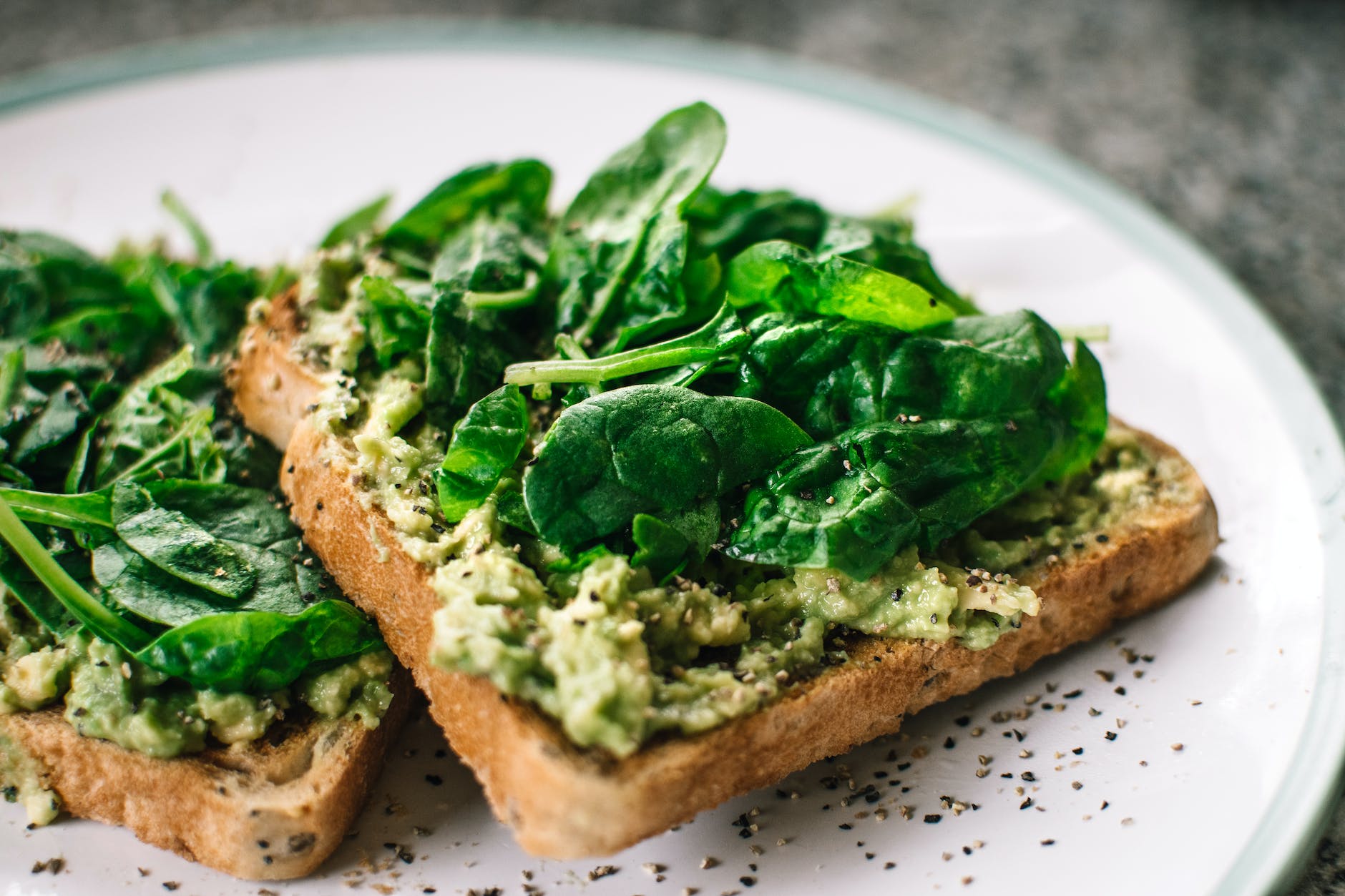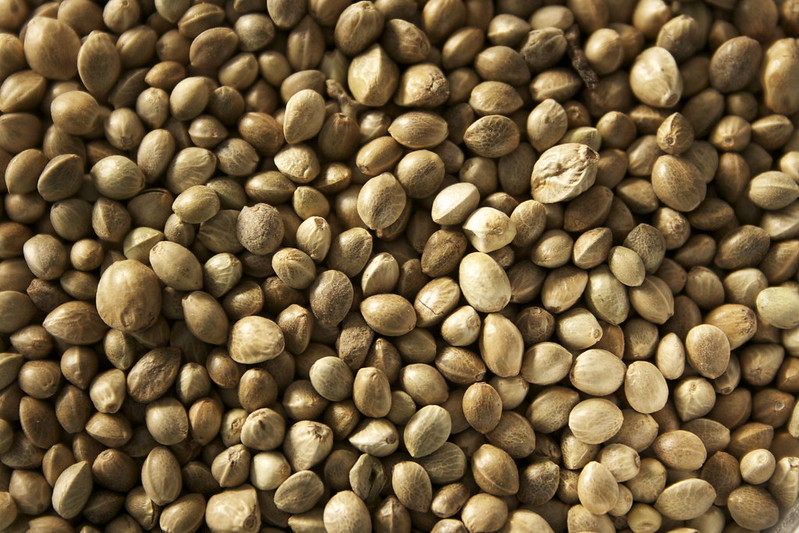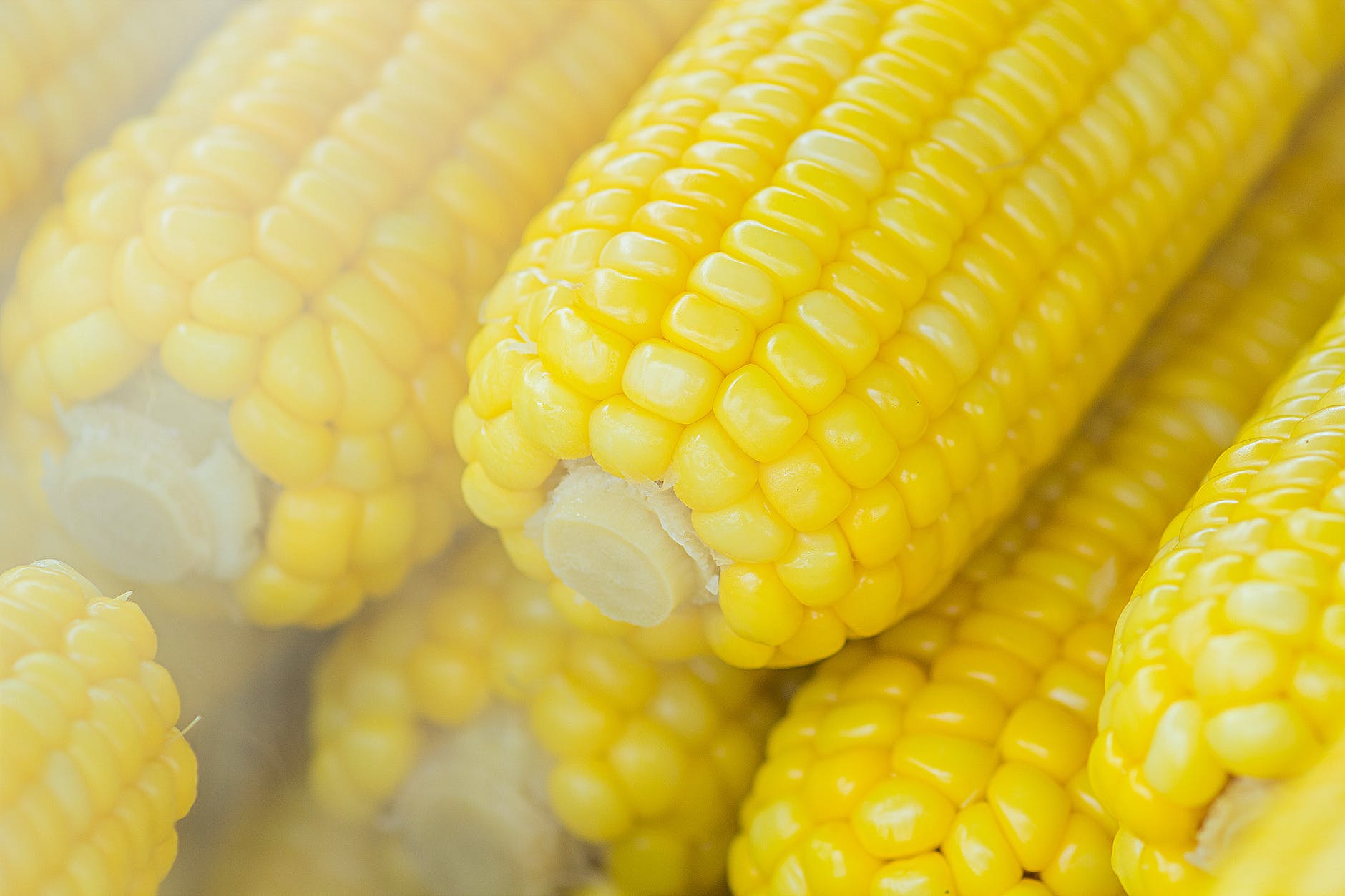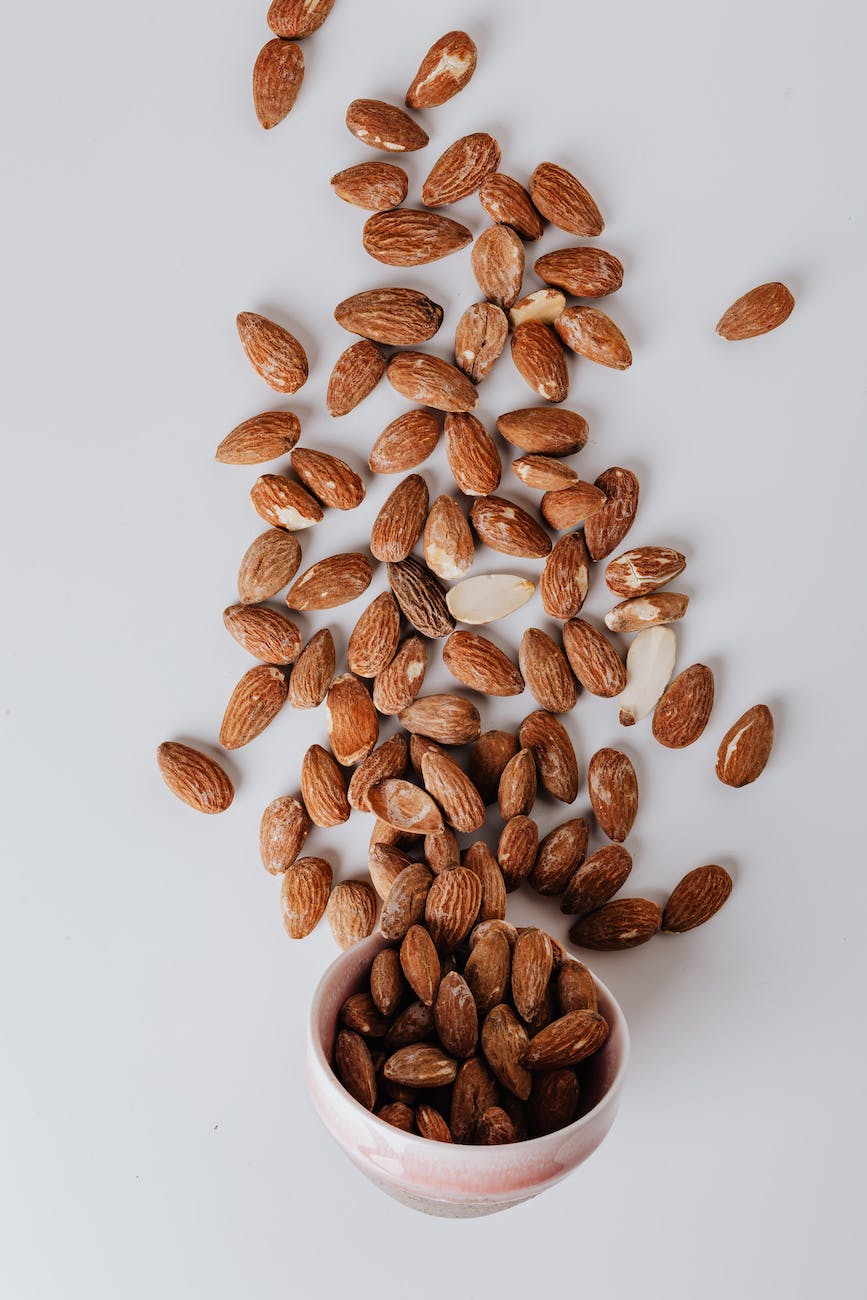
Introduction 🚀🥑💚
If you’re looking to add a touch of creamy goodness to your weight loss journey, avocados are here to help! Known for their rich, buttery texture and abundance of nutrients, avocados can be a game-changer when it comes to satisfying cravings and supporting your weight loss goals. In this comprehensive and detailed blog post, we’ll explore the incredible benefits of avocados for weight loss, delve into the science behind their effectiveness, provide creative and delicious ways to incorporate them into your diet, and share some helpful hacks to make the most of this versatile fruit. Get ready to indulge in the goodness of avocados while shedding those pounds! 🥑💚
The Nutritional Powerhouse: Avocados 🥑🌟
Avocados are often hailed as a superfood, and for good reason! They are packed with an impressive array of nutrients that make them a valuable addition to any weight loss diet. Here’s a closer look at what makes avocados so remarkable:
- Healthy Fats: Avocados are a great source of heart-healthy monounsaturated fats, which can help promote satiety and support overall health. These healthy fats have been linked to a reduced risk of heart disease and can play a role in weight management by increasing feelings of fullness and satisfaction after a meal.
- Fiber Content: Avocados are rich in dietary fiber, with around 10 grams of fiber per medium-sized fruit. Fiber is essential for maintaining a healthy digestive system, regulating blood sugar levels, and promoting feelings of fullness. By incorporating fiber-rich avocados into your diet, you can support a healthy weight and control cravings.
- Vitamins and Minerals: Avocados are packed with essential vitamins and minerals. They are an excellent source of potassium, which helps regulate blood pressure and fluid balance in the body. Avocados also provide vitamins K, E, C, and various B vitamins, which are important for energy metabolism, immune function, and overall well-being.
- Antioxidants: Avocados contain a range of antioxidants, including carotenoids like lutein and zeaxanthin. These antioxidants help protect the body against oxidative stress and inflammation, which can be beneficial for weight management and overall health.
Avocado Hacks for Weight Loss 🥑💡
Now, let’s dive into some creative and practical ways to incorporate avocados into your weight loss plan:
- Creamy and Flavorful Substitutions: Avocados can be a fantastic substitute for high-calorie ingredients like mayonnaise, butter, or sour cream. Swap these less healthy options with mashed avocado as a spread on sandwiches, a topping for baked potatoes, or a creamy base for dressings and sauces. This simple swap reduces saturated fat intake and adds a nutritious twist to your favorite dishes.
- Avocado Smoothies: Blend ripe avocados into your favorite smoothie recipes for added creaminess, nutrients, and healthy fats. Combine avocado with leafy greens like spinach or kale, fruits such as berries or banana, Greek yogurt for protein, and a liquid of your choice (such as almond milk or coconut water) for a satisfying and nourishing meal replacement option. The healthy fats in avocados help keep you feeling full and satisfied.
- Avocado Egg Salad: Make a healthier version of egg salad by mashing ripe avocado and using it as a substitute for mayonnaise. Mix in chopped hard-boiled eggs, diced vegetables like celery or red onion, and seasonings of your choice. Enjoy it on whole grain bread or lettuce wraps for a protein-packed and satisfying meal. The creamy avocado adds richness while reducing the calorie and saturated fat content.
- Avocado Stuffed with Tuna or Chicken Salad: Cut a ripe avocado in half, remove the pit, and fill the hollowed center with a flavorful tuna or chicken salad mixture. Combine lean protein, such as canned tuna or cooked chicken breast, with diced vegetables like bell peppers or cucumber, Greek yogurt or light mayonnaise for creaminess, and seasonings like lemon juice or herbs. This makes for a delicious and nutritious lunch option that is low in carbohydrates and high in healthy fats.
- Avocado Slices as a Burger Topping: Instead of traditional high-calorie condiments like cheese or mayonnaise, top your burgers with a few slices of avocado. It adds a creamy texture, healthy fats, and a burst of flavor. You can also use mashed avocado as a spread on the burger buns for extra creaminess and taste. The avocado adds a nutritional boost to your burger while reducing the saturated fat content.
- Avocado Chocolate Pudding: Create a guilt-free dessert by blending ripe avocado with cocoa powder, a natural sweetener like honey or maple syrup, and a splash of milk (dairy or plant-based) until smooth and creamy. This rich and indulgent pudding is high in healthy fats, fiber, and antioxidants. It’s a satisfying treat that can help curb your sweet tooth while nourishing your body.
Additional Tips for Avocado Lovers 🥑💚
- Opt for ripe avocados by gently pressing the fruit; it should yield to gentle pressure without being too mushy. If you don’t need to use them immediately, choose firmer avocados and let them ripen at room temperature.
- To prevent avocados from browning, store them with the pit intact or squeeze some lemon or lime juice over the exposed flesh. The citric acid helps inhibit oxidation and keeps the avocado fresh.
- If you have leftover avocado, save the unused portion by placing it in an airtight container with a piece of cut onion. The onion helps slow down the oxidation process and keeps the avocado from turning brown.
- Experiment with different varieties of avocados, such as Hass, Fuerte, or Reed, to discover your preferred flavor and texture. Each variety has its own unique characteristics, so explore and find your favorite!
Conclusion 🏁
Avocados are a weight loss champion, providing a creamy texture, healthy fats, and an abundance of nutrients. By incorporating avocados into your diet, you can enhance the nutritional value of your meals, promote satiety, and support your weight loss goals. With the variety of delicious and creative ways to enjoy avocados, you can indulge in their goodness while nourishing your body. So, go ahead and unlock the power of avocados for a healthier, happier you! 🥑💚
Disclaimer: This blog post is intended for informational purposes only and should not replace professional medical advice. Consult with a healthcare professional or registered dietitian before making any significant changes to your diet or weight loss plan.













